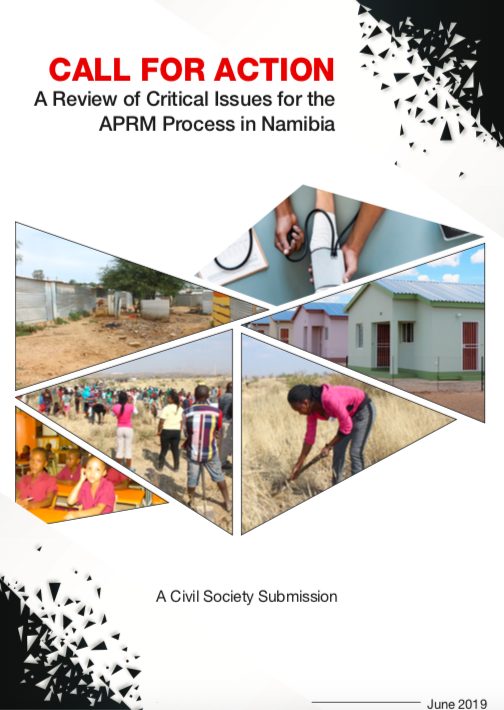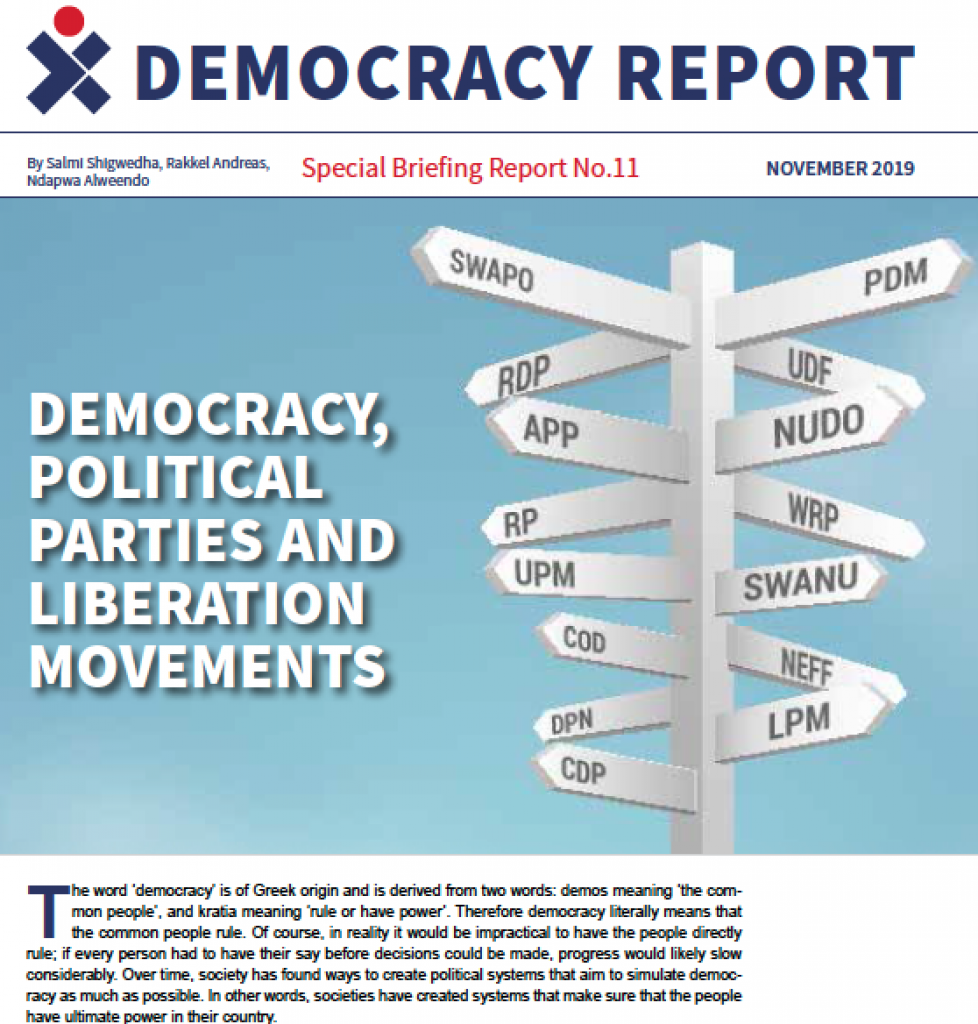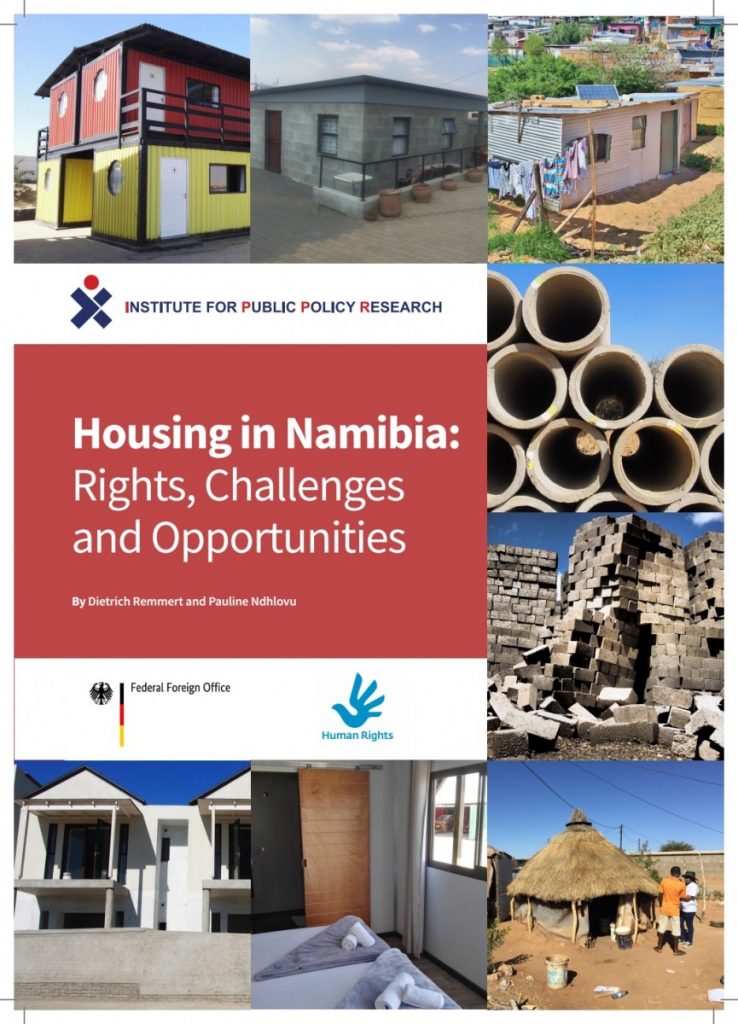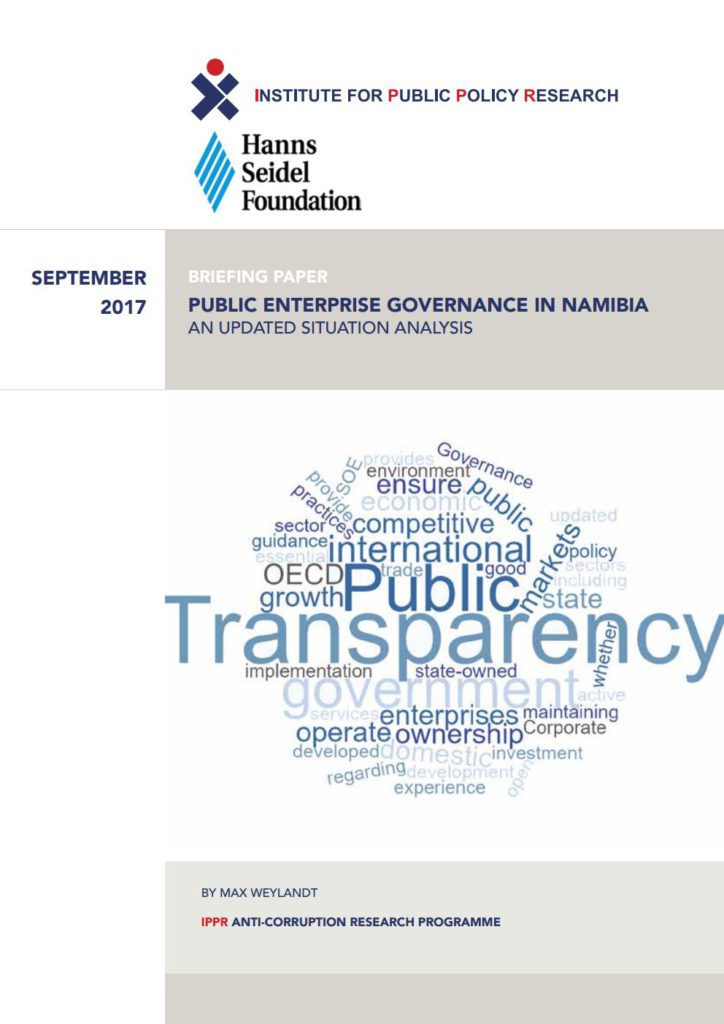The APRM Process in Namibia – A Call For Action

In January 2017, Namibia became the 36th African Union (AU) member state to voluntarily accede to the African Peer Review Mechanism (APRM). The APRM’s rules require that civil society is meaningfully involved in each country’s review process. Together with government and the private sector, the country’s civil society sought to diagnose governance strengths and weaknesses, […]
Democracy, Political Parties & Liberation Movements

This bulletin explores the characteristics of political parties that have emerged from liberation movements and looks at how such characteristics affect governance
Week in Review: 8 – 10 October 2019

During the week in review, the National Assembly covered a wide range of its duties, including ministerial statements, reports, bills, and motions. The issue of quorum and questions and answers were discussed as follows: On Tuesday 8 October, the Speaker of the National Assembly announced that his office received a petition from members of Fridays […]
Housing in Namibia

Findings from a survey around the country, and recommendations for going forward.
Public Enterprise Governance in Namibia

Government needs to clarify who is governed by new guidelines, and increase transparency
What does the APRM mean for Namibia?

*This post is adapted from the briefing paper “Namibia and the African Peer Review Mechanism: Committing to Improved Governance” by Steven Gruzd. On Saturday 28 January 2017 in Addis Ababa, Ethiopia, President Hage Geingob signed a Memorandum of Understanding with the African Peer Review Mechanism (APRM), committing Namibia to Africa’s premier governance assessment and promotion […]
Namibia and the African Peer Review Mechanism

Namibia recently joined the African Peer Review Mechanism, a process by which African countries agree to be evaluated by their neighbours with the goal of improving governance on the continent. In the words of the paper, This short guide is aimed at Namibian civil society, parliament and policymakers, to explain how the APRM arose and […]
Hybrid governance model may lead to tug-of-war
This report on the change of governance systems at SOEs quotes local academics as well as our report.
State plugs leaks in parastatal organisations
This article from the Namibia Economist is based on our Q&A with Minister of Public Enterprises from our report on SOE governance in Namibia.
Hybrid model a step in the right direction
The IPPR’s recent report on State-Owned Enterprises is covered in the Observer. The article quotes IPPR Research Associate, Max Weylandt, on potential benefits of the new governance system: “There are many ways in which Namibia can benefit from it, as it is efficient and useful in times of fiscal restraints. In theory the central body […]

